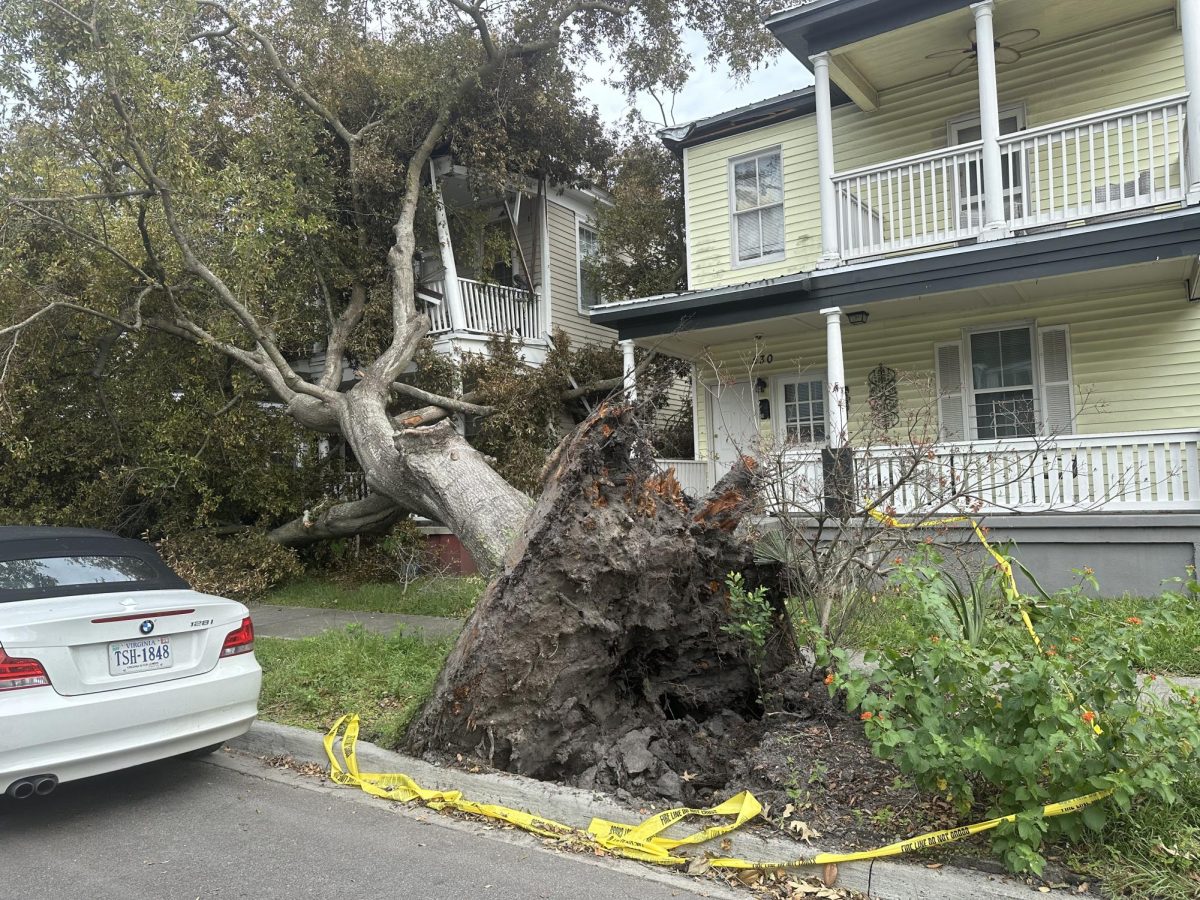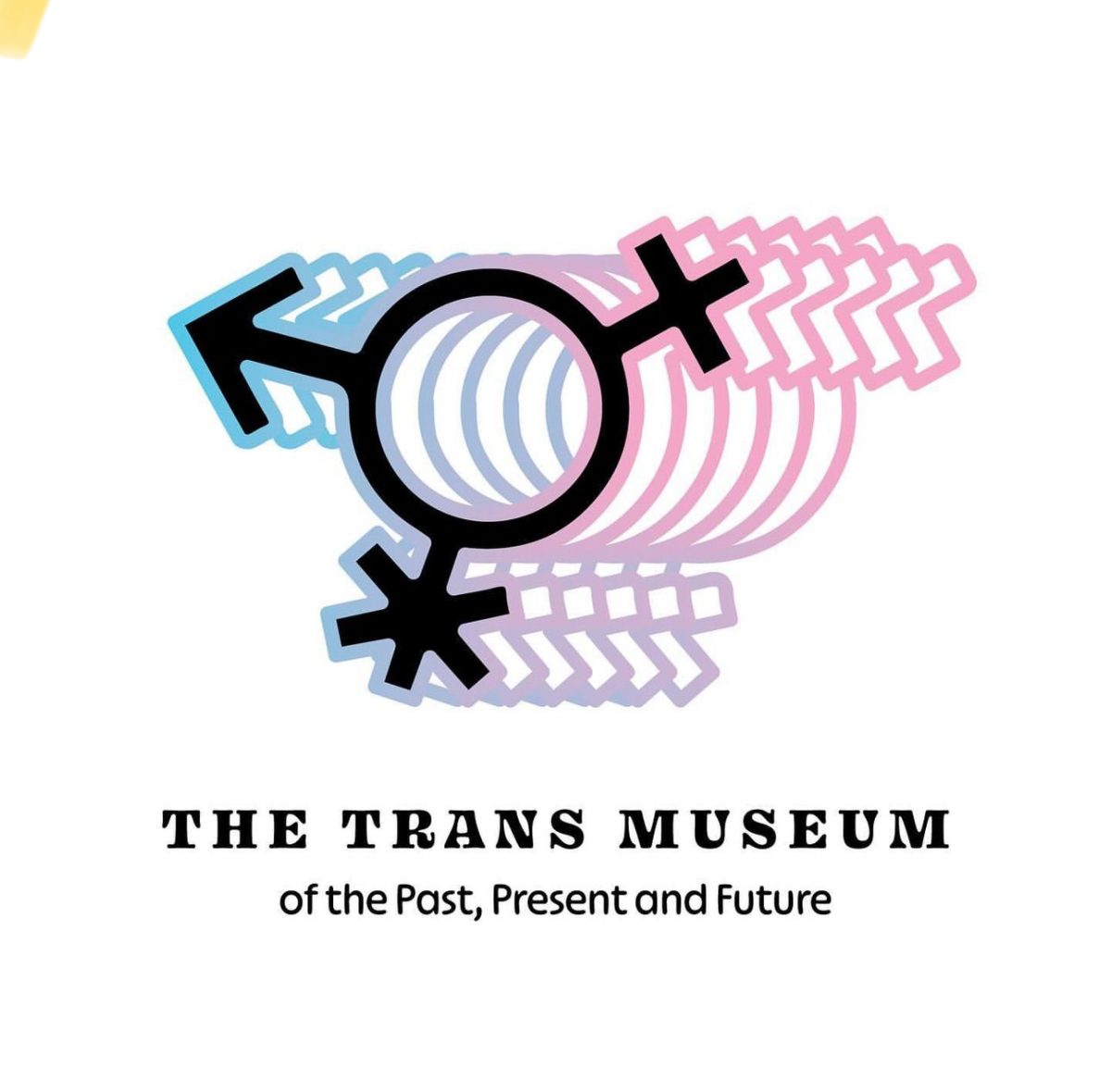Rebecca Munday, Staff Writer
“You could be fined for dancing to any of these genres until the recording industry came along,” said Dr. Pedro Rivera, an Associate Professor at Savannah State in his talk on Afro-Latino history that focused on African culture’s influence on modern Latin American music. Earlier in his talk, Rivera said, “Under enslavement, African life was forbidden.”
“There is a musical structure Latin music has that goes back to Africa,” said Rivera. “African old traditions lead to modernity.”
The talk on African Influences in Latino American Music was from 12:30 to 1:30 p.m. on Sept. 24 in the Ogeechee Theatre in the Student Union. It was the second Lunch and Learn event for Hispanic and Latinx Heritage Month.
The presentation started with a picture of a bozal around the mouth of an African woman. The next slide was of an Afro-Latino woman singing on stage. “I just skipped about 400 years in a single click,” said Rivera.
Then, he summarized the important figures and moments in the 400 year of history of Afro-Latino music.
Rivera said that there were three terms that Latin Americans used for Africans: ladinos, creoles, and bozals.
He played three pieces of music throughout the lecture. The salsa “Witinilla” by Ismael Rivera is about a runaway slave.
The next piece he played “Salte del Meldio” by Tego Calderon was a “piece of social protest.”
After the talk there were a few minutes left for questions. Rivera was asked if he would play the piece that he did not get to play during his talk. That piece was Candido Camero’s imitation of “Manteca.”
The next event for Hispanic and Latinx Heritage Month is Latin Moves: Salsa and Bachata Dance Lessons from 6:30 p.m. to 8:30 p.m. on Sept. 26 in the group workout room of the Student Recreation Center. Student ID is required. No heels in the group workout room. Please bring a partner.







